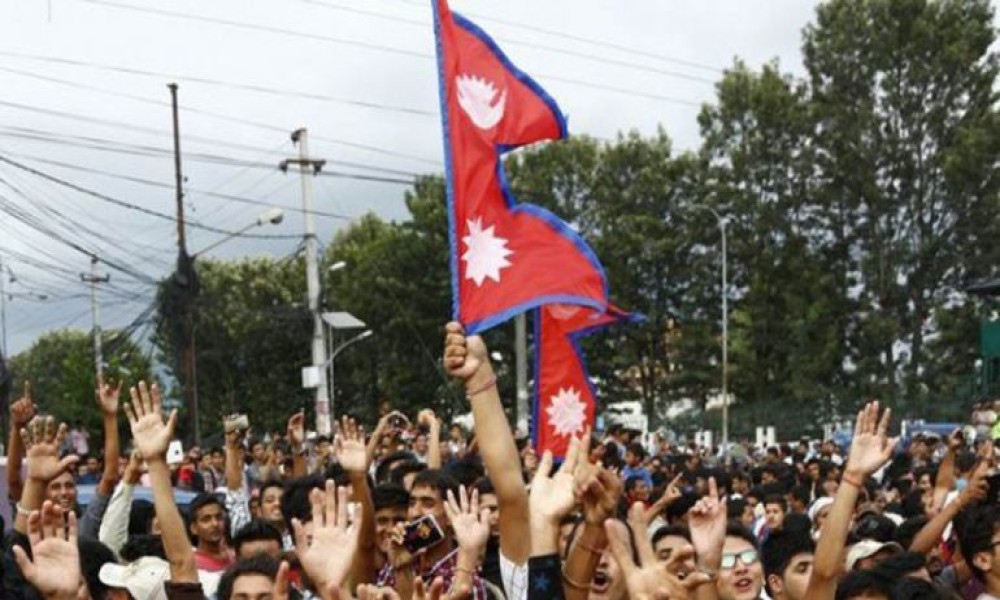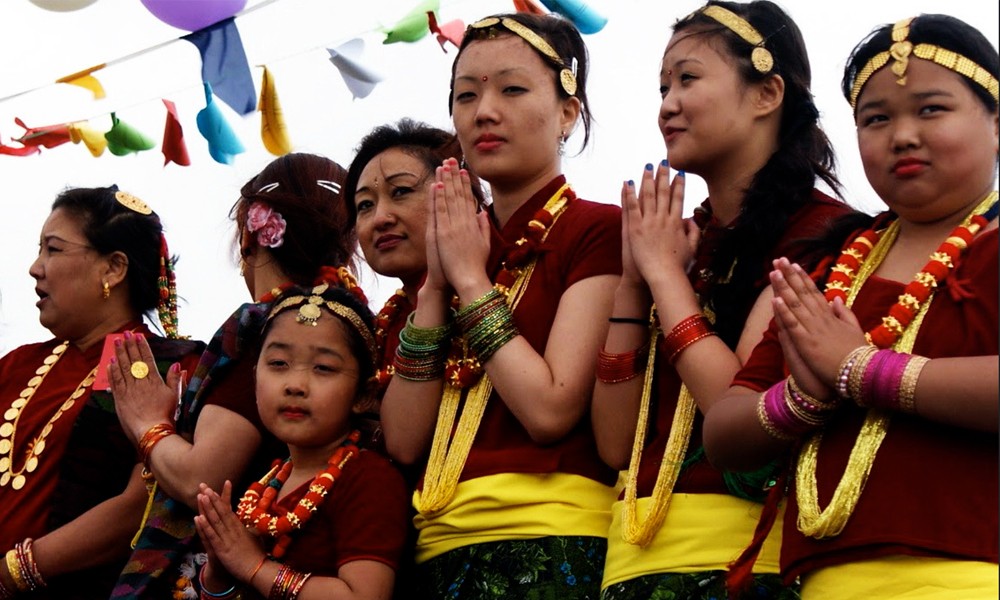Kamal Bhatta
The Nepali year 2072 BS is coming to an end. It was a historic year, but for the wrong reasons. It will be remembered as a year when a bunch of political leaders pushed through a regressive constitution, perpetuating exclusion of Adivasi Janajatis, Madhesis and other marginalized communities.
The top leaders of the three major political parties wrote a constitution and got it endorsed by an elected assembly. People's participation in the constitution drafting process was not ensured. But the leaders fooled the world by saying that the constitution was written by an assembly of people. They concealed the fact that the assembly had been reduced to just a rubber-stamp.
When India supported Madhesi parties, the top leaders, mainly Prime Minister KP Oli, invoked nationalism, and dubbed the agitating people as pro-Indians. They began a narrative that India wanted to botch Nepal's constitution drafting process, to create political instability and marginalized people were being just puppets in the Indian game.
We are taught that soil, river, forest and the Mt Everest is our nation. We were indoctrinated to believe that we must love them. But we were never taught that people are also an integral part of the nation, and everyone must have an equal share in the state.
We are taught that soil, river, forest and the Mt Everest is our nation. We were indoctrinated to believe that we must love them. But we were never taught that people are also an integral part of the nation, and everyone must have an equal share in the state.
We were taught to glorify brave Gurkhas. But they were not included in the state apparatus. Their social and political exclusion was never an issue. We generated revenue from the Tarai, but did not give the Madhesis their due. When they spearheaded an agitation demanding equality, they were abused as outsiders and anti-nationalist. The establishment spearheaded a propaganda that India wanted to annex the Tarai like they did with Sikkim nearly three decades ago, and Madhesis were merely serving Indian interest.
This is not the first time that the establishment has invoked nationalism to perpetuate discrimination against certain ethnic groups. Our nationalism is limited to raise slogans against the loss of Lipulek, but we do not feel hurt when an ethnic community or their language is exterminated due to the state's exclusionary policy.
The nationalism is also respecting identity of all castes and ethnic groups. If only one caste and culture is reflected in nationalism, it cannot be durable and we must work towards making our nationalism stronger. Our nationalism can thrive well only if every caste and community find their reflections in the constitution.
But nationalism is also respecting identity of all castes and ethnic groups. If only one caste and culture is reflected in nationalism, it cannot be durable and we must work towards making our nationalism stronger. Our nationalism can thrive well only if every caste and community find their reflections in the constitution.
We must remember what visionary leader BP Koirala said about nationalism: "Whether you say the country or the nation, it is not just the land or the soil. People are the nation. Whatever is good for people is also good for the country. If people's rights are violated, the nation is also hurt. If people are wiped off the map of Nepal, our nation will be lost. Only the land will remain."









